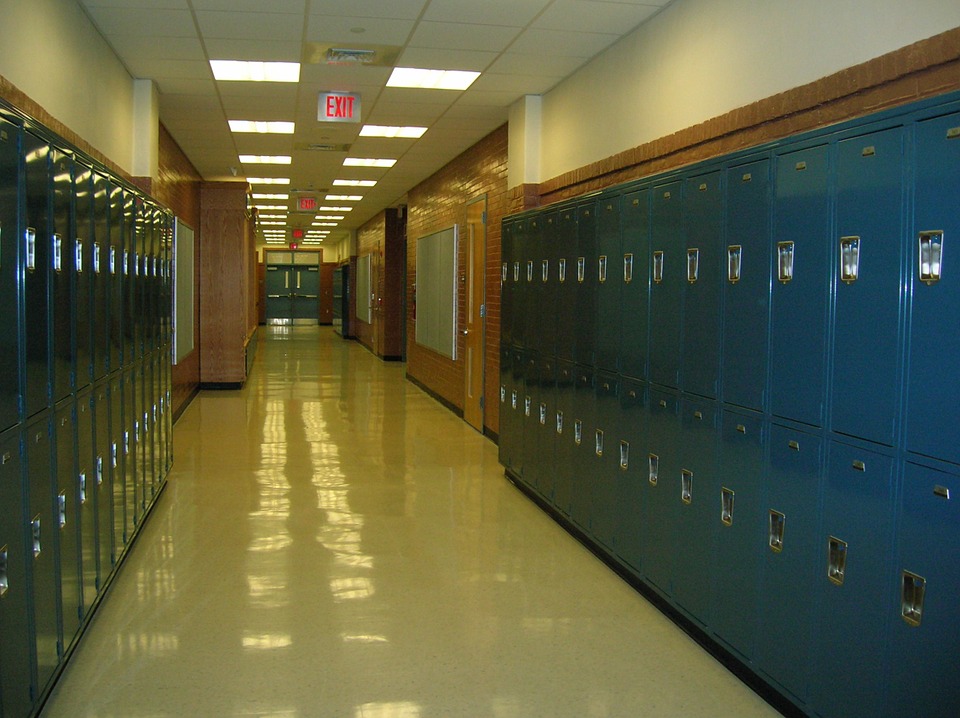LRSD and the Manitoba K-12 Commission
Full-day kindergarten, Indigenous Circle of Courage framework and a comprehensive cradle-to-career approach is the future of education in Manitoba
After months of collaboration with the Louis Riel School Division community, the LRSD and the Louis Riel School Board submitted their joint written submission to the Manitoba Commission on Kindergarten to Grade 12 Education on Friday, May 31. The 122-page document contained many bold answers to the questions posed by the commission in its Public Consultation Discussion Paper.
“Early years education investments, the infusion of Indigenous ways of knowing, and public education as an integral part of a systemic poverty eradication strategy are just some of the bold innovations and investments we see as essential elements of a comprehensive cradle-to-career approach to levelling and raising the achievement bar in our province,” said Christian Michalik, LRSD Superintendent.
While six specific focus areas of the review were outlined in the discussion paper, LRSD included an additional seventh report on a focus area it felt needed to be part of the discussion.
“In LRSD more than 35 per cent of learners are enrolled in French Immersion (FI) and considering the provincial average is 13 per cent, we felt it a disservice to not have FI considered in the conversation about the future of education in Manitoba and specifically the bilingual communities served by LRSD,” said Michalik.
Ron Cadez, principal of Ecole Howden, a French Immersion school, was asked by Michalik to help work on the French Immersion report to the commission. In the end, what Cadez ended up writing was much different than what he thought he would be putting together for the LRSD submission.
"I was expecting to write some letters or prepare some statements about what was working well in LRSD. Instead, Michalik arrived with boxes of academic literature that has informed our practice over the years. He shared a passionate message about the importance of this process and how we had to ensure that LRSD contributed to the body of work the commission would have to consider as it would have implications for years to come."
"In the end, the bold vision for the document was to create a written work that meets the standard in terms of academic rigour, evidence, data and thought that we as professionals would expect from the commission in their final report."
While the deadline for final written submissions was May 31, LRSD is now looking at the deadline for the commission's recommendations to be presented in 2020. No matter what comes out of the commission's report, Cadez knows it could be profound and felt for years to come.
"The commission's review is going to have an impact on us as educators and on our children's school experiences for generations. I am thankful that as a division, we have seen the seriousness of the commission's work and have prepared a response document that matches the gravity of the commission's mandate. I hope the commission uses our response as a model for their own so that it will also be as thorough and well-grounded in research and evidence as ours is."
While all focus areas are important, the school board felt strongly about the topic of governance in the public education system review.
“The existing system, with its division of powers between the provincial government and school boards, has served Manitobans well and continues to do so today. Our governance model is structured to ensure a coordinated system that places student success at the forefront,” said Sandy Nemeth, Chair, Louis Riel School Board. “Local school boards connect with the communities they serve and are responsive to their needs.”
The LRSD serves more than 15,500 learners, along with their parents and the wider community at 40 schools in the south-east quadrant of Winnipeg. The LRSD vision is for all members of our community to excel as caring, confident, and capable resilient life-long learners who contribute to a democratic and sustainable world.
While all focus areas are important, the school board felt strongly about the topic of governance in the public education system review.
“The existing system, with its division of powers between the provincial government and school boards, has served Manitobans well and continues to do so today. Our governance model is structured to ensure a coordinated system that places student success at the forefront,” said Sandy Nemeth, Chair, Louis Riel School Board. “Local school boards connect with the communities they serve and are responsive to their needs.”
The LRSD serves more than 15,500 learners, along with their parents and the wider community at 40 schools in the south-east quadrant of Winnipeg. The LRSD vision is for all members of our community to excel as caring, confident, and capable resilient life-long learners who contribute to a democratic and sustainable world.

